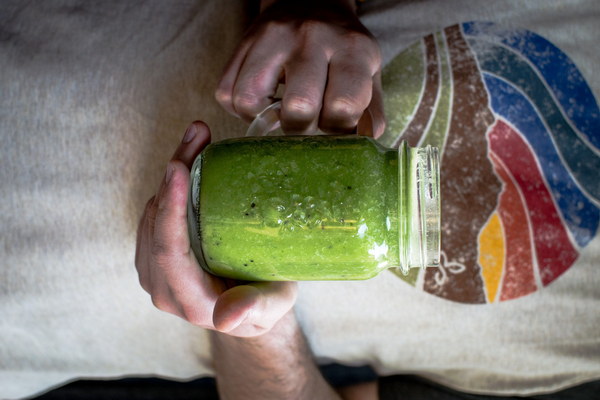Exposing the Scams A Closer Look at the Growing Health Fraud Industry Across Regions
In recent years, the health and wellness sector has seen a surge in popularity, with more people seeking alternative ways to improve their well-being. Unfortunately, this boom has also attracted fraudulent operators looking to exploit unsuspecting individuals. This article delves into the various health fraud scams that have been uncovered across different regions, shedding light on the cunning tactics used by scammers to deceive the public.
1. The Dangers of Fake Supplements
One of the most common health fraud scams involves the sale of fake supplements. These fraudulent products often claim to offer miraculous health benefits, such as weight loss, improved energy levels, or even cancer prevention. Scammers often market these products through misleading advertisements or spam emails, promising instant results without any side effects.
A recent investigation in the United States revealed that many of these supplements contained little to no active ingredients. Some were even found to contain harmful substances, posing serious risks to consumers' health. The key to avoiding these scams is to always purchase supplements from reputable sources and consult with a healthcare professional before starting any new supplement regimen.
2. The False Promise of Miracle Diets
Another prevalent scam involves miracle diets that promise rapid weight loss without any exercise or dietary changes. These diets often promise to target specific areas of the body, such as the belly or thighs, and can range from extreme fasting to unconventional eating plans.
A case in point is the Honey Diet, which gained traction in Europe. The diet claimed that consuming honey and lemon juice would lead to significant weight loss. However, experts warned that the diet was not only ineffective but could also be harmful to one's health. The scam was eventually exposed when it was revealed that the diet had no scientific basis.
3. The Therapeutic Goods Scam
In some regions, scammers have taken advantage of the growing demand for therapeutic goods, such as CBD oil, to sell counterfeit products. These fraudulent goods are often advertised as natural remedies for a wide range of ailments, including chronic pain, anxiety, and epilepsy.
An investigation in Australia found that many of these CBD oil products contained no CBD at all, or had dangerously high levels of THC, the psychoactive compound found in marijuana. Consumers who purchased these products were not only disappointed with the lack of results but also put at risk of serious health complications.
4. The Health Resort Scam
The health resort scam involves setting up fraudulent wellness centers, offering luxurious spa treatments, and other health-related services at exorbitant prices. These centers often promise to cure a variety of diseases and improve overall well-being, but in reality, they provide little to no actual health benefits.
A case in point is the Bioenergetic Wellness Center in Asia, which was exposed for selling ineffective treatments at high costs. The center claimed to have the ability to cure cancer, diabetes, and other serious diseases, but authorities found no evidence to support these claims. Consumers who fell victim to this scam were left with significant financial losses and unmet health expectations.
5. The Importance of Consumer Awareness
As these health fraud scams continue to evolve and spread across regions, it is crucial for consumers to remain vigilant. The following tips can help you avoid falling victim to these scams:
- Always research the product or service before purchasing.

- Consult with healthcare professionals before starting any new treatment or diet.
- Be wary of exaggerated claims or promises of instant results.
- Look for reputable sources and certifications when purchasing health products.
By staying informed and cautious, consumers can protect themselves from the dangers of health fraud and make informed decisions about their health and wellness.









